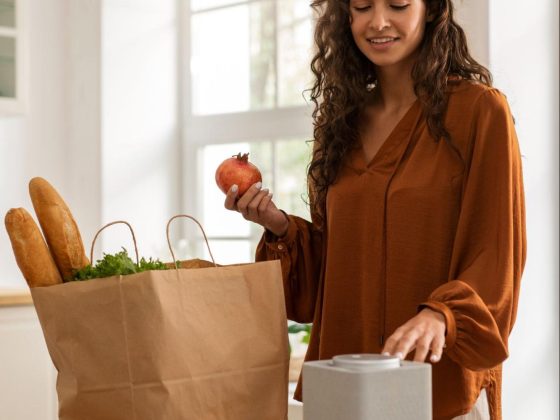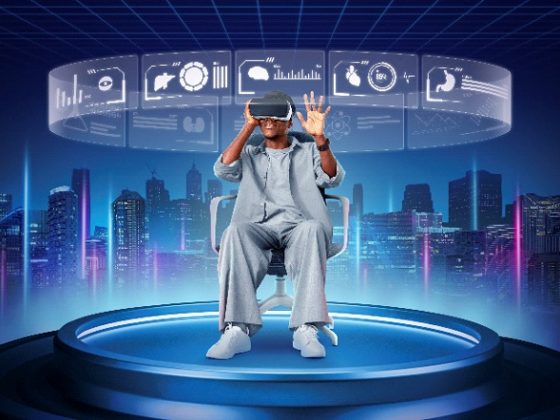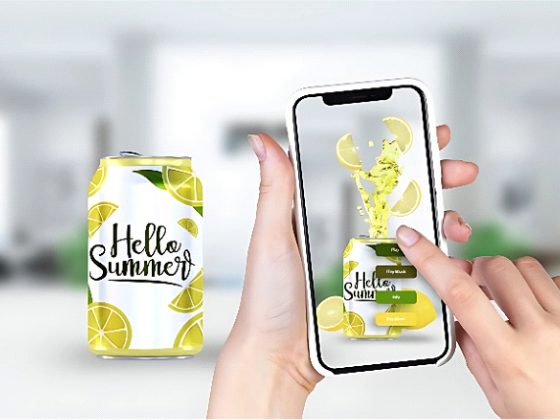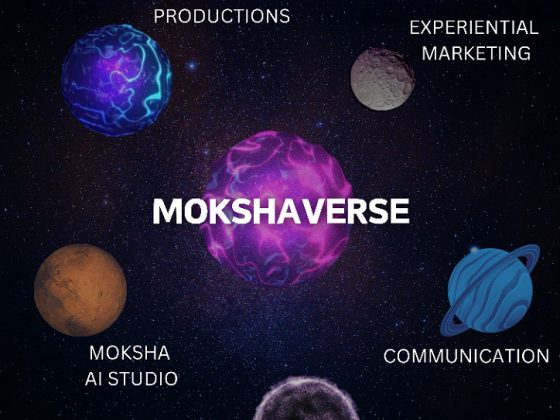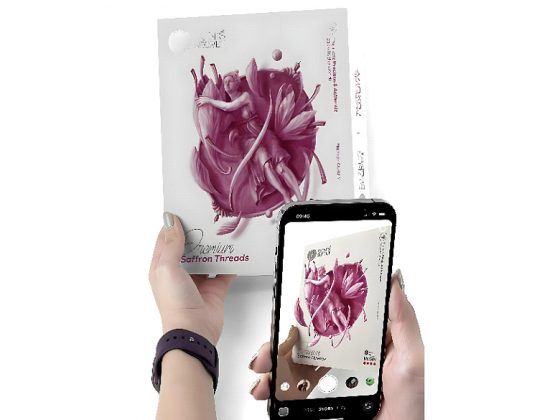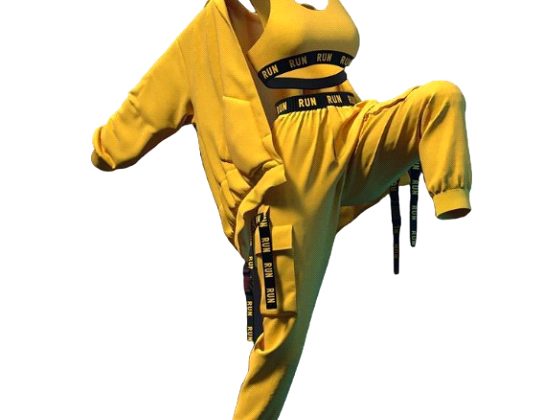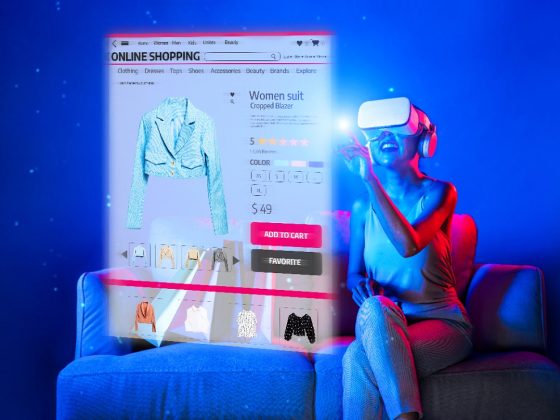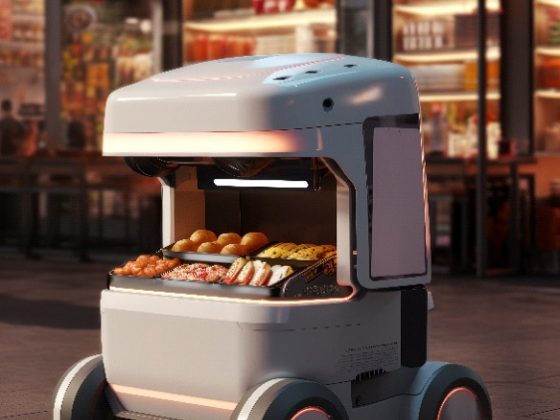The Rise Of Viral Influences In FMCG
By Roopak Pathak
Humanizing Digital Marketing
In the evolving world of digital marketing, virtual influencers are transforming how fast-moving consumer goods (FMCG) brands connect with consumers. These computer-generated personas, designed to look and act like real people, offer an innovative approach to humanising brand interactions and capturing real-time engagement. By embodying values and aesthetics that resonate with specific demographics, virtual influencers have become valuable assets for FMCG brands seeking to reach and retain consumers in an increasingly digital, data-driven landscape.
“The Rise Of Digital Personas In Marketing”
FMCG industry
Virtual influencers—like Lil Miquela, Shudu, and Aimee—are meticulously crafted digital personalities with distinctive traits, storylines, and visuals. For instance, Lil Miquela, who debuted in 2016, has collaborated with high-end brands like Prada, showcasing the potential of virtual influencers to bridge the gap between digital art and fashion. Similarly, Shudu, the world’s first digital supermodel, has worked with brands like Fenty Beauty and Balenciaga, demonstrating how virtual influencers create visually engaging and memorable brand experiences across sectors.
In the FMCG space, virtual influencers provide an edge by enabling brands to launch campaigns that blend entertainment with data-driven personalisation. Coca-Cola’s virtual influencer Aimee, designed to appeal to Gen Z, has shown how virtual personas can build connections based on values like inclusivity and mental health awareness. By aligning with these relatable values, brands can leverage real-time engagement to impact where it matters most.
With their flexibility and control, virtual influencers enable FMCG brands to create continuous, round- the-clock interactions on multiple platforms. For instance, L’Oréal’s RoboKop provides beauty tips and interacts with followers on social media, strengthening brand loyalty through a constant online presence. Unlike human influencers, virtual personalities have no limitations on availability and can be programmed to respond to consumer interactions at anytime.


